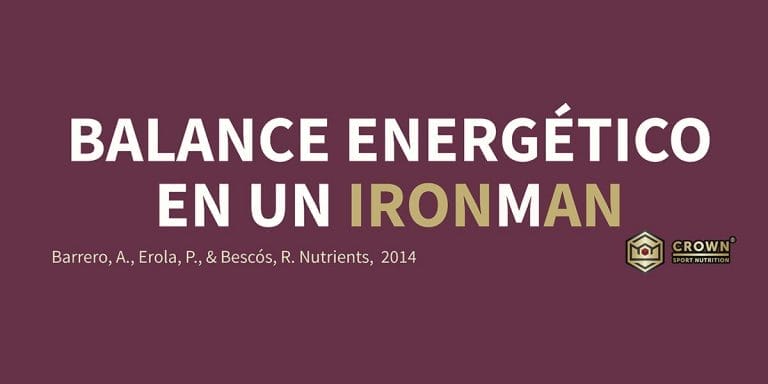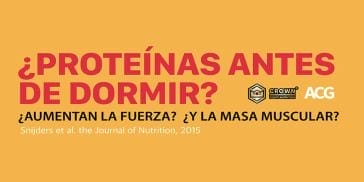Nitrates are chemical compounds made up of nitrogen and oxygen (NO₃⁻). They can be classified as inorganic nitrates (NO₃⁻), which occur naturally in foods such as leafy greens and beets, and organic nitrates, which are pharmaceuticals mainly used to treat cardiovascular conditions such as angina and heart failure [1].
Nitrates can also be classified based on their origin: natural nitrates, found in vegetables and fruits, and added nitrates, used as food additives (e.g., E251: sodium nitrate, E252: potassium nitrate), which are common in cured meats, sausages, and processed products to preserve and prevent bacterial growth [2]. In this regard, the health effects vary depending on the source: naturally occurring nitrates are beneficial, whereas added nitrates can be potentially harmful. This is due to the possibility that under certain conditions—such as the acidic pH of the stomach and the presence of amines—added nitrates may form nitrosamines, which are potentially carcinogenic substances [3]. Therefore, the intake of nitrates associated with processed meats and cooking methods such as frying or smoking should be limited.
How can naturally occurring inorganic nitrates improve cardiovascular health?
Naturally occurring inorganic nitrates in foods like beets, spinach, or arugula are linked to better cardiovascular health. In the body, they are converted into nitrites and subsequently into nitric oxide. Nitric oxide (NO) is one of the body’s primary vasodilatory molecules and plays a vital metabolic role [4]. Thus, dietary inorganic nitrates, through the nitrate-nitrite-nitric oxide pathway, increase nitric oxide bioavailability.
In preclinical models, nitrates have been associated with reduced liver lipid accumulation and inflammation, improved glucose regulation in the pancreas and skeletal muscle, increased mitochondrial efficiency, and reduced oxidative stress [4].
What does the evidence say about natural nitrate intake and cardiovascular health?
Observational studies in humans have linked higher dietary nitrate intake with a lower incidence of ischemic cardiovascular disease and reduced mortality from atherosclerotic vascular disease [5].
A recent systematic review with meta-analysis demonstrated a dose-dependent relationship between dietary nitrate intake and circulating levels of both nitrates and nitrites [6], which can later be converted into nitric oxide.
Furthermore, evidence from clinical trials and meta-analyses shows that consuming inorganic nitrates reduces blood pressure, improves endothelial function (via increased flow-mediated dilation), decreases arterial stiffness, and reduces platelet aggregation—all relevant factors in the prevention of cardiovascular disease [5–11]. The effect on endothelial function is clinically significant, with improvements exceeding 1% in flow-mediated dilation, which correlates with lower cardiovascular risk [7]. Additionally, some studies suggest that blood pressure-lowering effects may be more pronounced in individuals with hypertension compared to normotensive individuals [6].
While more studies are needed, there is preclinical evidence in cell and animal models suggesting that dietary nitrates may have beneficial antidiabetic effects and could help reverse metabolic syndrome [4].
What is the recommended dose?
Current clinical evidence indicates that the recommended dose of nitrate supplementation for improving cardiovascular health (e.g., blood pressure, endothelial function, and other risk factors) ranges from 6 to 12 mmol/day of inorganic nitrate, which is approximately 370–740 mg of nitrate per day [6,8]. This dose can be obtained from nitrate-rich foods such as beetroot juice (250–500g of beets) or leafy green vegetables (e.g., 100–200g of spinach), or through supplements.
Conclusion
In conclusion, the benefits of nitrates largely depend on their source. However, consuming nitrates from natural foods like vegetables can have a positive effect on cardiovascular health, particularly in the prevention and management of parameters such as blood pressure.
AUTOR
Lucas Jurado Fasoli – Doctor en Biomedicina (UGR). Dietista-Nutricionista. Investigador en el Instituto Mixto Universitario Deporte y Salud y Profesor Ayudante Doctor en el Departamento de Fisiología, Universidad de Granada.
Referencias
[1] Omar SA, Artime E, Webb AJ. A comparison of organic and inorganic nitrates/nitrites. Nitric Oxide 2012;26:229–40.
[2] Kalaycıoğlu Z, Erim FB. Nitrate and nitrites in foods: worldwide regional distribution in view of their risks and benefits. J Agric Food Chem 2019;67:7205–22.
[3] Kotopoulou S, Zampelas A, Magriplis E. Dietary nitrate and nitrite and human health: a narrative review by intake source. Nutr Rev 2022;80:762–73.
[4] Lundberg JO, Carlström M, Weitzberg E. Metabolic effects of dietary nitrate in health and disease. Cell Metab 2018;28:9–22.
[5] Blekkenhorst LC, Bondonno NP, Liu AH, Ward NC, Prince RL, Lewis JR, et al. Nitrate, the oral microbiome, and cardiovascular health: a systematic literature review of human and animal studies. Am J Clin Nutr 2018;107:504–22.
[6] Norouzzadeh M, Hasan Rashedi M, Ghaemi S, Saber N, Mirdar Harijani A, Habibi H, et al. Plasma nitrate, dietary nitrate, blood pressure, and vascular health biomarkers: a GRADE-Assessed systematic review and dose-response meta-analysis of randomized controlled trials. Nutr J 2025;24:47.
[7] Celik B, Muriuki E, Kuhnle GGC, Spencer JPE, Mills CE. The Impact of Inorganic Nitrate on Endothelial Function: A Systematic Review of Randomized Controlled Trials and Meta-analysis. Nutr Rev 2025:nuaf132.
[8] Minari TP, Pisani LP. Exploring sodium nitrate supplementation in enhancing nitric oxide bioavailability and reducing oxidative stress: implications for blood pressure and endothelial dysfunction in hypertension. Eur J Pharmacol 2025:177702.
[9] Bondonno CP, Blekkenhorst LC, Liu AH, Bondonno NP, Ward NC, Croft KD, et al. Vegetable-derived bioactive nitrate and cardiovascular health. Mol Aspects Med 2018;61:83–91.
[10] Jackson JK, Patterson AJ, MacDonald-Wicks LK, Oldmeadow C, McEvoy MA. The role of inorganic nitrate and nitrite in cardiovascular disease risk factors: a systematic review and meta-analysis of human evidence. Nutr Rev 2018;76:348–71.
[11] Velmurugan S, Gan JM, Rathod KS, Khambata RS, Ghosh SM, Hartley A, et al. Dietary nitrate improves vascular function in patients with hypercholesterolemia: a randomized, double-blind, placebo-controlled study. Am J Clin Nutr 2016;103:25–38.







